‘Barry’ breaks hearts
Final season stuns viewers
May 31, 2023
“Starting now” has become the emblematic phrase of HBO’s hit show, “Barry.”
On its surface, “Barry” is about an ex-veteran (Bill Hader) who has succumbed to the joyless lifestyle of a hitman-for-hire. Manipulated and exploited by his manager, Fuches (Stephen Root), he is ceaselessly pulled into a life of crime. Though, during an unexpected hit in LA, he is flung into the world of theater and film — in the classic absurd nature of the show, this quickly spirals into a self-revealing discovery of Barry Berkman’s passion for acting. This is nurtured alongside his acting coach, Gene Cousineau (Henry Winkler), and love interest, Sally Reed (Sarah Goldberg). Three seasons, several mob involvements and many murders later, “Barry’s” fourth season opens with Berkman’s long-coming incarceration.
The aforementioned phrase, “Starting now,” has been repeated over and over again throughout the narrative of “Barry.” Berkman struggles with an unending moral back-and-forth where he battles with himself and tries to justify his horrific acts of violence. Alongside this continuous plight, the viewer also struggles to sympathize with Berkman as his actions steadily worsen. The same amicable, well-meaning hitman we were introduced to in the pilot has become an absolute shell of himself — this made me question if the first season was merely a veneer, and only by season four we are exposed to the true evil nature of Berkman. “Starting now” — Berkman reiterates this hollow promise. By season four, these hopes to become a good person have been ultimately defeated. The following review contains spoilers.
At its darkest center, “Barry” is simply about the decay of human ambition. Alluded to in its first season when Berkman plays Macbeth in a parody drama, the viewer begins to see the connections between the two pieces. The story of “Barry” is recounted in a very Shakespearean nature, as it revolves around a theme of tragedy. In this season especially, several of the side characters had standout performances. Particularly, Sally Reed has become an integral character that denounces the double standard put on women in film. In “Barry” — which suffers from a largely male-dominated fanbase — many viewers have completely missed the point of her character. She is dragged alongside Berkman, who fails to see her for who she is, and is endlessly belittled and cast aside while being forced to play the housewife in Berkman’s utopian-Evangelical fantasy. Berkman’s ultra-religious fixations further the theme of morality within the piece.
Though initially jarring, halfway through the season we experience an eight-year time skip. Transported to the future, we can see immediately how Reed has been reduced to a hollow-eyed plaything for Berkman as they now reside in a rural house set in Cleveland. She has been stripped of her ambition when formerly she was characterized as a cutthroat actress. This development is very intriguing and points to the degrading effect Berkman has on all those around him.
However, my favorite character has always been the comedic relief: NoHo Hank (Anthony Carrigan). From the end of season three onwards, his development has deteriorated. His relationship with Cristobal (Michael Irby) reached its crux, and I was so heartbroken by the direction Hank had taken. Yet, Anthony Carrigan has done an amazing job elevating this character to a completely new level, giving him more emotional depth. He will always be one of those characters I hold close to my heart, and Hader’s inclusion of a “NoHoBal” museum was a clever nod to his loyal fans who have been supporting NoHo Hank and Cristobal’s relationship. Though, it’s Hank’s ambition that inevitably leads to his downfall.
This season would not be as good as it is without Hader’s expert cinematography. He uses purposeful silence, dream-like sequences that distort reality and long, open shots to accentuate the feelings of foreboding and horror within “Barry.” Previously known as a dark comedy, this last season has become steeped in extremely sinister themes. Several of my favorite sequences have been Cristobal drowning in sand, Berkmans comedic yet violent escape from jail and Reed’s mental collapse. All of these shots share the same elements of horror and surrealism, which makes season four the most absurd installment yet.
“Barry” is incredibly character-driven, and their relationships and motives have taken the forefront for this season. The show is crafted in such a delicate and purposeful way, that each joke is perfectly choreographed. Hader’s bizarre line delivery and pan-in shots can make even the most disturbing scenes comedic, in their own off-beat way. Now, with the way the penultimate episode ended, Berkman’s fate is entirely up in the air, and I have never been more excited for a series finale. All I know is that starting now, Hank should be absolutely terrified of the oncoming threat of Berkman’s ire.
“Barry”: ★★★★★



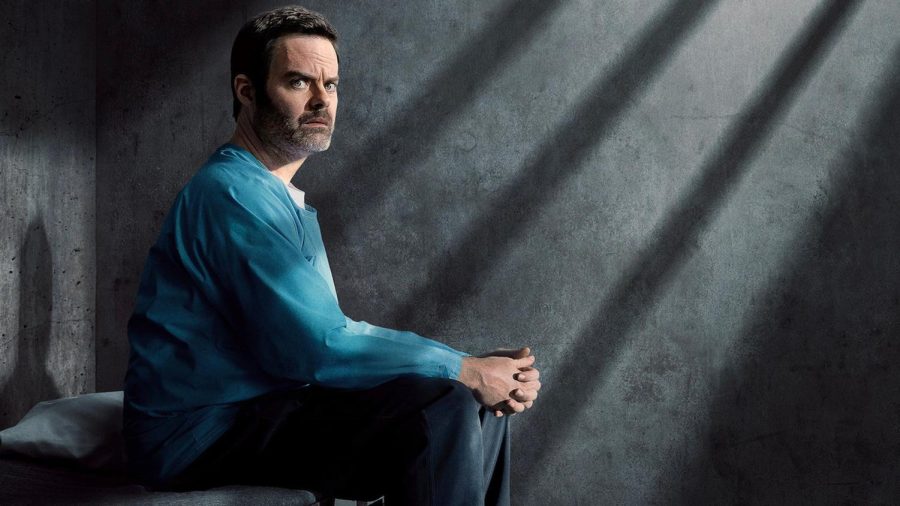




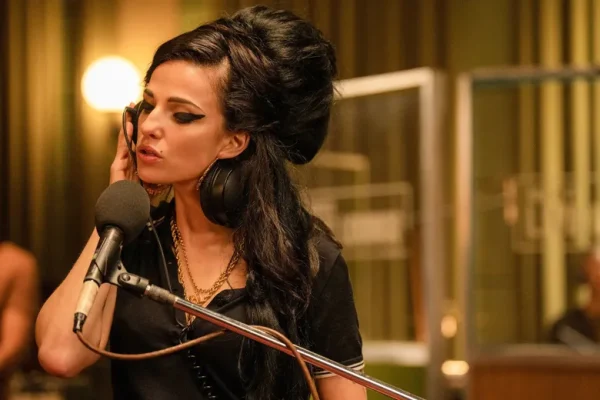
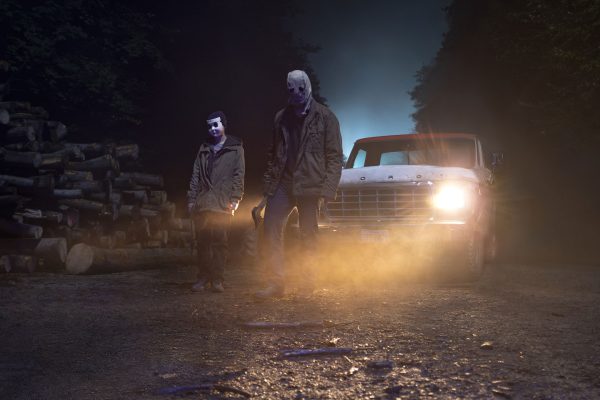
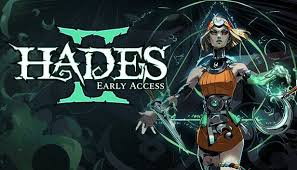
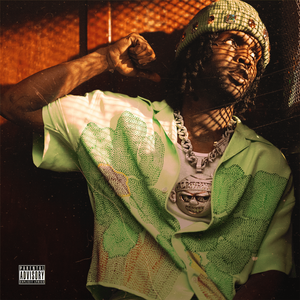



Bill Lozier • Jun 1, 2023 at 6:54 pm
The ending left me feeling good and bad. Spoiler here, the death of NohoHank was so sad. Barry’s death was without any drama or intensity. Fuches & Sally survived the episode. The show was draining in a good but I will probably never watch it again. I cared too much for these terribly flawed people. An awesome but not as satisfying as I hoped.